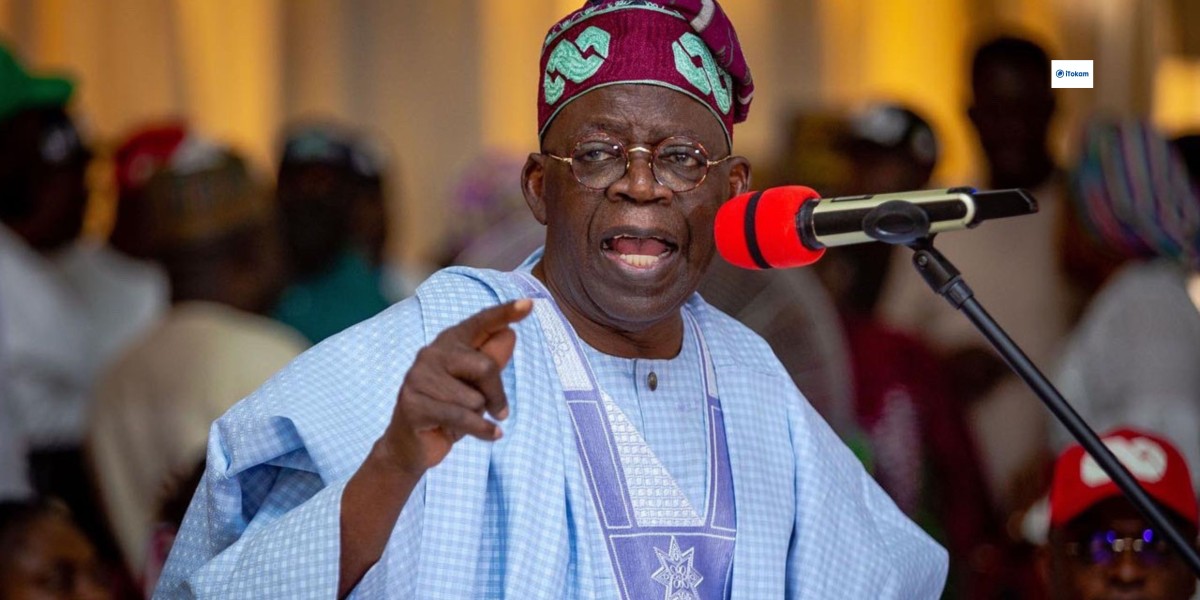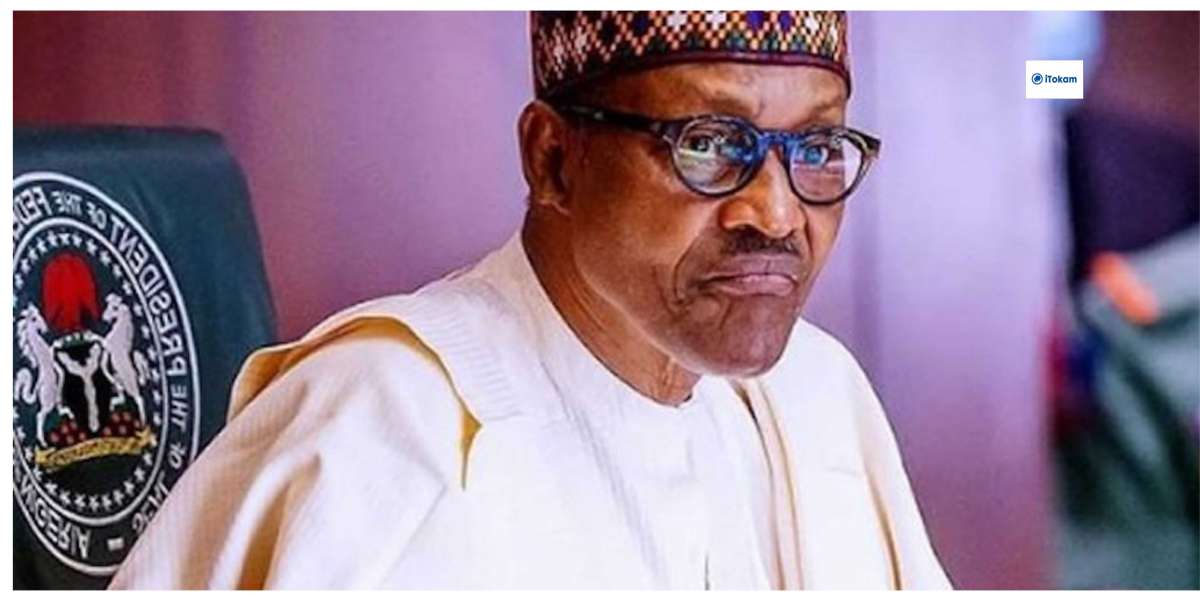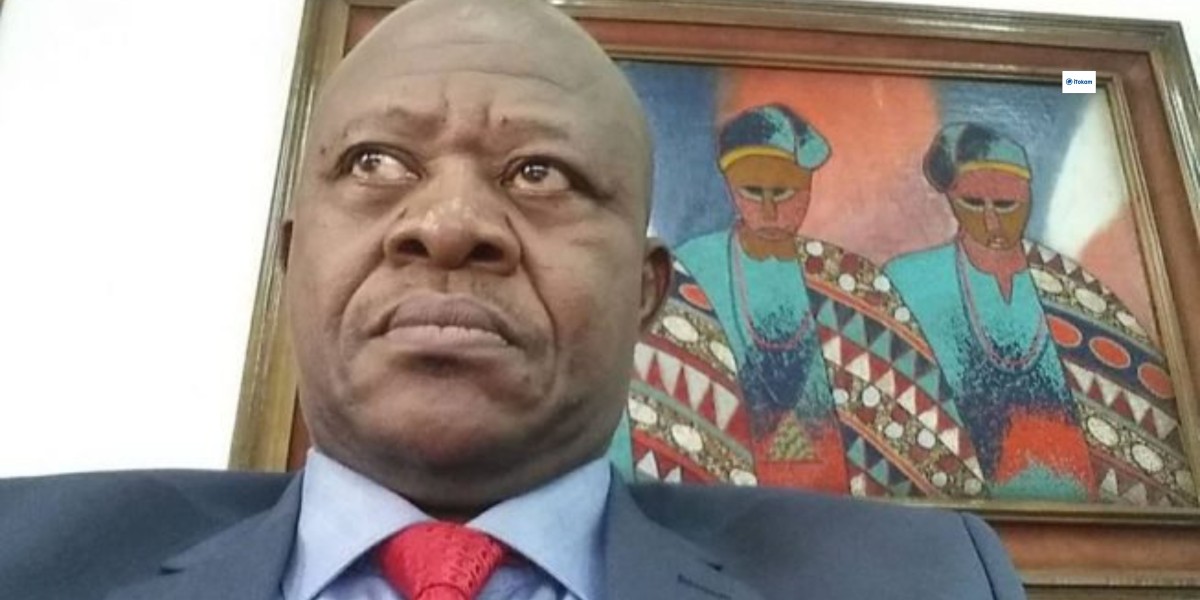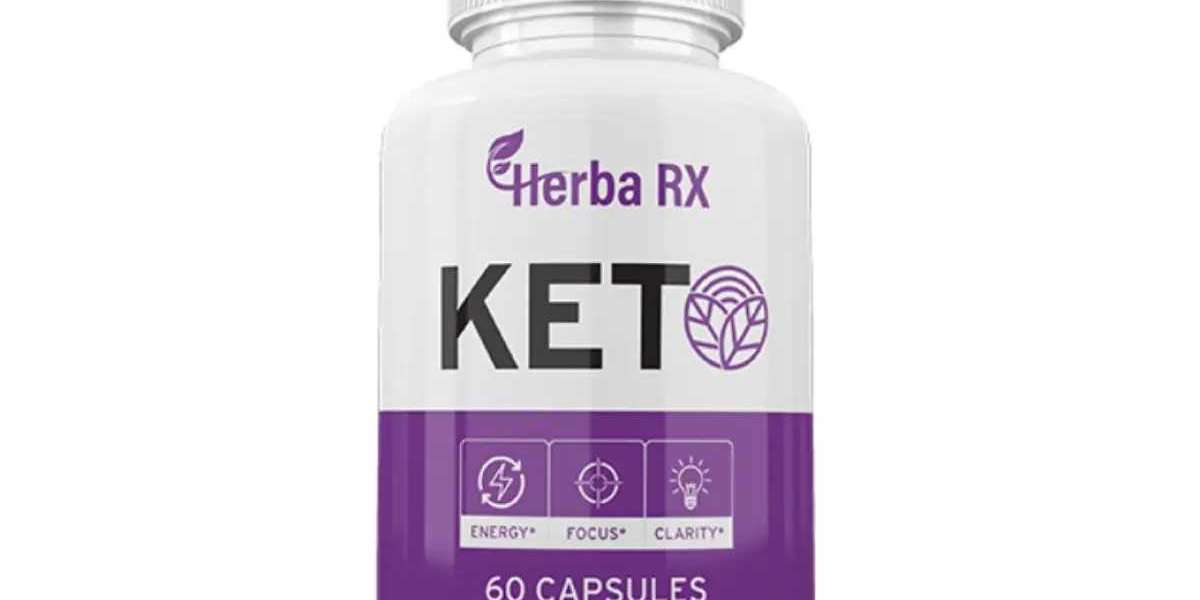In a nationwide broadcast, the President told Nigerians he understood their "hardship" but wished "there were other ways" to establish an inclusive economy.
Our economy is struggling and hurting you. Fuel costs more. Food and other prices followed. Businesses and families struggle. It's unsettling. I sympathize. I want alternatives.
There isn't. "If there were, I would have taken that route as I came here to help not hurt the people and nation that I love," Tinubu stated in a prepared speech at 7pm. He recalled how fuel subsidy payments and the "preferential" exchange rate scheme made "the elite of the elite" richer and most Nigerians poorer.
This group had so much wealth and power that they threatened the fairness of our economy and the integrity of our democratic governance. As long as few, strong, unelected groups dominate our political economy and institutions, Nigeria will never become the society it was meant to be.
The few shouldn't rule over the many's goals and dreams. The people—not money—must rule in a democracy.
The previous administration recognized this threat. It did not include post-June subsidies in the 2023 Appropriations.
"Removing this once helpful device that had become a millstone around the country's neck had become inevitable," he said.
Tinubu also blamed the previous multiple exchange rate regime for impoverishing the country and giving the economy to a few. He said the system "doled" resources that should have been used to create jobs to a "tiny elite" in the country on favorable conditions. The speech used adjectives like "elite," "preferential," and "favorable" to describe the economy's decades-long unfairness.
The speech echoed his "I feel your pains" and "let the poor breathe" memes, which millions of tweeps have questioned the President's sincerity.
Since petrol prices rose over 15% in the previous two weeks, millions of netizens have mocked the return of ex-President Muhamadu Buhari. The hilarious calls describe Nigerians' suffering since Tinubu took office. The broadcast happened exactly two months after he took power, during which the country's cost of living rose significantly and the misery index, an economic barometer that compares unemployment and inflation, rose even more.
Inflation hit 22.8 percent last month, a multi-decade high. as high. The NBS warned that the July consumer price index (CPI) will fully reflect the fuel price hike and other pricing adjustments. Yemi Kale, former NBS Director-General and senior statistician, warned Nigerians that gasoline subsidy elimination would cause 30% inflation.
The rapid naira depreciation post-foreign exchange liberalisation has increased inflation. Since June 14, when the Central Bank of Nigeria shut down the FX market, naira has lost over half its value against the dollar. Before convergence, the local currency averaged N463 per dollar. Yesterday, investors and exporters closed at 756.94/$, below N750/$.
At the weekend, the Economists Intelligence Unit, a worldwide research group, predicted that the currency will finish at N815/$ next year and that the monetary authorities may have to tighten control as the currency loses value versus its rivals.
Also Read: Subsidy Removal: Tinubu Begs Nigerians To Persevere More
Nigerians are heavily dependent on imports, thus a sinking naira is like a knife. Dr. Chiwuike Uba, an economist, stated the exchange rate pass-through impact causes up to 70% of the country's high inflation. In his "After darkness comes the glorious dawn" speech, the President promised a better, wealthier nation.
He comforted Nigerians in hell. The show, which coincided with the screening of his ministry nominees, also highlighted his economic recovery plans.
The President said he could not end the current pains but would “offer in the immediate is to reduce the burden our current economic situation has imposed on all of us, most especially on businesses, the working class and the most vulnerable. ” He said the federal government is working with states and local governments to ease the suffering of the poorest.
Between July 2023 and March 2024, we will spend N75 billion to enhance the manufacturing sector, expand it, and generate good-paying jobs. We want to invest 75 firms that can boost productivity, structural transformation, and sustainable economic growth.
“Each of the 75 manufacturing enterprises will be able to access N1 billion credit at nine percent per annum with a maximum of 60 months repayment for long-term loans and 12 months for working capital,” he said.
The President promised accessible loans to support private sector performance and create jobs in his inaugural speech. He encouraged the CBN to start inexpensive credit.
After last week's 25 basis point increase, the MPR remains tight at 18.75 percent. Experts advised lowering the anchor interest rate to make credit affordable.
Tinubu said the administration recognized the importance of the informal sector and micro, small, and medium-sized firms (MSME), whose financial access deficit is estimated at $158.13 billion or 99.94 percent according to SME Finance Forum data, as growth drivers. The President stated N125 billion would revitalize this vital sector.
“We will spend N50 billion on conditional grants to one million nano businesses between now and March 2024. We want to distribute N50,000 to 1,300 nanobusiness operators in each of the 774 local governments.
By enrolling beneficiaries in formal banking, this program would boost financial inclusion. N75 billion would fund 100,000 MSMEs and startups. "Each enterprise promoter will be able to get between N500,000 and N1 million at nine percent interest per annum and a repayment period of 36 months under this scheme," Tinubu said.
After multi-stakeholder engagement, the President ordered the release of 200,000 metric tonnes of grains from strategic reserves to households across the country at moderate prices and 225,000 metric tonnes of fertilizer, seedlings, and other inputs to farmers committed to the country's food security agenda.
“We will support 500,000 hectares of farmland and year-round farming. The National Assembly approved N500 billion, and N200 billion will be distributed as follows: Our administration would invest N50 billion each to cultivate 150,000 hectares of rice and maize and 100,000 hectares of wheat and cassava.
“This extensive agricultural program will target small-holder farmers and leverage large-scale private sector agriculture players with strong performance records. He said development finance institutions, commercial banks, and microfinance banks will be used to create a sustainable transaction structure for all stakeholders.
Tinubu said he stays up at night to improve Nigerians' lives. “I approved Infrastructure Support Fund for the States,” he said, to mitigate fuel price hikes. This new infrastructure fund will allow states to intervene and invest in important locations to alleviate pain spots and improve our crumbling healthcare and educational systems.
“We're rolling out cheaper mass transit buses across states and local governments. We would spend N100 billion on 3000 20-seater CNG buses by March 2024.
Using per-capita travel intensity, these buses will be shared with major state transportation firms. This financing offers nine percent annual interest and a 60-month repayment horizon to participating transport operators.
A "new minimum wage is coming," the President said. In the previous two months, the country has saved nearly N1 trillion that would have gone to the useless petrol subsidy.





